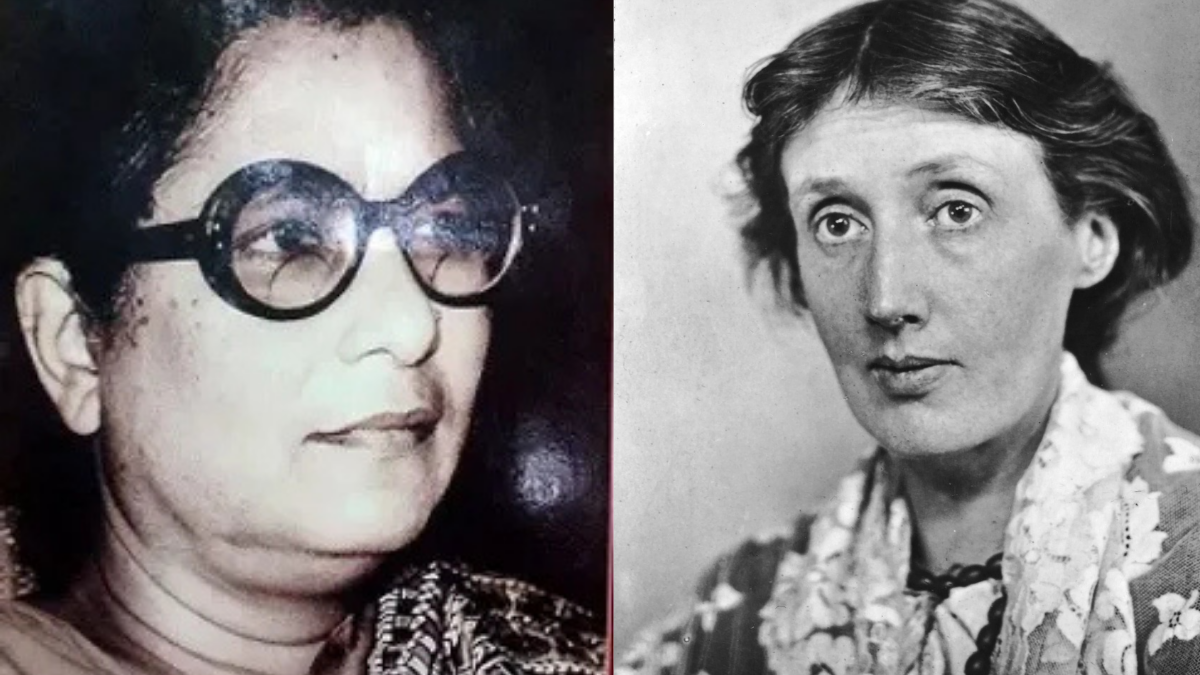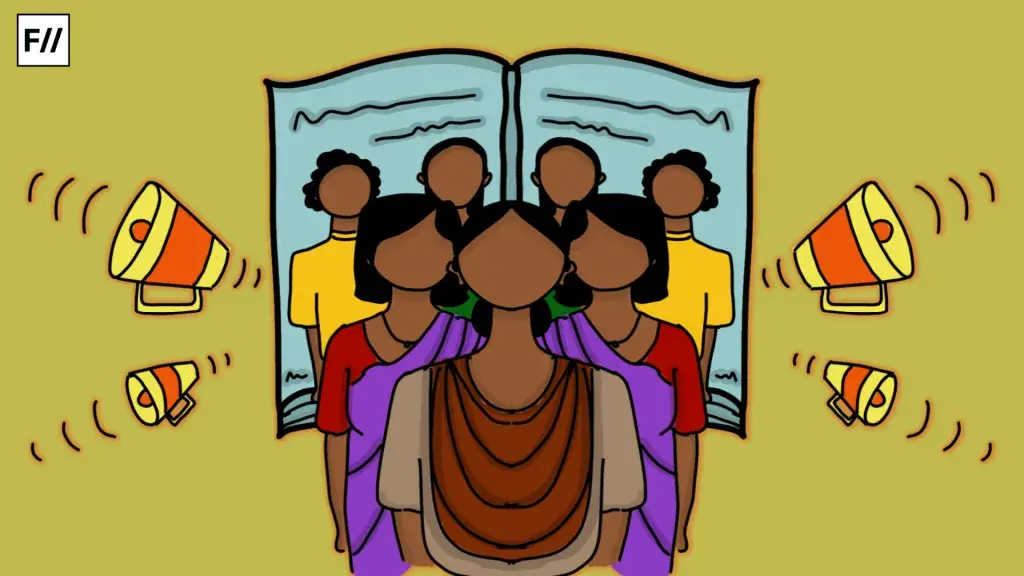Heba Hayek’s debut work Sambac Beneath Unlikely Skies, published by indie Hajar Press in the UK, is a searing work of growing up in war-torn Palestine. Heba’s narrator, now pursuing her studies abroad, reminisces about what actually is home, when you are so far away from the land you were born in and what it means to miss the home which no longer exists. Bringing together these snippets offer her a refuge, the one her family used to offer her with co-existence and communally living through the bombings, wars and demonstrations. In noticing and commemorating the persistence of life and their losses, their fights for survival, Heba fleetingly conjures images of resistance for the possibilities of care and comfort that she found through her family, her aunts, grandmothers and uncles and cousins. Many of them are no longer alive, all of them now scattered across the globe.
Heba Hayek’s debut work Sambac Beneath Unlikely Skies, published by indie Hajar Press in the UK, is a searing work of growing up in war-torn Palestine. Heba’s narrator, now pursuing her studies abroad, reminisces about what actually is home, when you are so far away from the land you were born in and what it means to miss the home which no longer exists.
Accompanied with a playlist at the outset, perhaps the author is encouraging the reader who has chosen to pick Sambac Beneath Unlikely Skies, to step into a world of loss, bereavement, grief and collective trauma. Perhaps the music will provide a succour, just as the narrator finds strength and learns a way of living through the women in her life. She brings to page a childhood surrounded by wonderful and strong women – her mother, grandmother Sitti (one of my favourite characters) and her father with anger issues. One of the early chapters of Sambac Beneath Unlikely Skies begins with this line: I’m constantly longing for old places, while finding new ones. She misses home, deals with her eating disorders and anxiety, interspersed with loving memories interspersed with painful descriptions about blasts, lockdown, checkpoints, deaths and injuries. One of the snippets is of her mother instructing her virtually the steps to make a little kiss, their name for a delicacy called basbousa, a yoghurt semolina cake, which not only reminds the narrator of home but immediately uplifts her spirits. This is all Heba can do to feel like she’s home.
Also read: Book Review: Time And Race in Octavia Butler’s ‘Kindred’
Sambac Beneath Unlikely Skies is a coming-of-age story in parts, because there are hilarious recollections about their school awareness program about sex, about figuring out adolescent crushes and friendships. The hilarity is evidently reflexive as cultural prerogatives supersede the biological evidence on where key male and female genitalia lie. Such classroom discussions on sex and menstruation, the narrator recalls, were cloaked under religious affirmations and moral values education on purity and chastity. The hilarity also stems from the stark reality of life for women under occupation. Another incident is when the women are having wax parties, pouring hot sugar wax under bare skins to remove bodily hair. Their grandmother reprimands the narrator’s protests by saying, “Illi biddo al-dah, ma byool ah’ (If you want a happy vagina you don’t get to say ouch.) A variation of this sentiment can be found in all our vernacular Indian languages.
In one of the chapters in Sambac Beneath Unlikely Skies, Heba provides a chronology of a girlhood in Gaza, systematically taking down the victimization, the silencing and patriarchal subjugation that a girl born and raised in Palestine is bound to witness. The humiliating experience of being strip-searched at immigration, of having to move homes in an alien country because you hardly have enough money to pay exorbitant rents, of scavenging for food, while longing for the comfort of a home that doesn’t exist anymore is painful, a grief that is rarely expressed through words. So perhaps Sambac Beneath Unlikely Skies is a succour to such souls who have had similar experiences. Farah Bashir’s memoir Rumors of Spring published in 2021, builds on a similar theme, set in Kashmir and the narrative focuses on the women in the family living through times of occupation, dispossession, and longing. Heba’s voice is important as a survivor of dispossession.
Farah Bashir’s memoir Rumors of Spring published in 2021, builds on a similar theme, set in Kashmir and the narrative focuses on the women in the family living through times of occupation, dispossession, and longing. Heba’s voice is important as a survivor of dispossession.
Welcoming and encouraging artists, writers and filmmakers from these lands is also part of the resistance. Recently, while watching this film, titled Tel Aviv on Fire, a Palestinian film, directed by Sameh Zoabi and screening on Mubi, I was touched when one of the characters expressing their love by sharing figs, is told off by their love interest that tomatoes are the fruit for love. In a vastly militarized living, in the joy that one finds in sharing, expressing, and finding validation of their emotions, let us collectively find symbols and passages and narratives that decenter the dominant narratives of violence, possession, and oppression.
Also read: Book Review | Mobile Girls Koottam: Working Women Speak by Madhumita Dutta
Hajar Press, an indie publishing house in United Kingdom was launched during the pandemic and has published six books in their debut year on a subscription model. Please discover other works by unheard voices here.
About the author(s)
Dr. Sneha Krishnan is trained to be a researcher in the interstices of development, health and disasters. One day she grew tired of the world of research that converted people’s life stories into data and evidence, and instead dived deep into the world of telling stories with prose, poetry and photographs. Her poetry, essays and stories have been published in The Conversation, Helter Skelter, Belongg, Medium and The Wire. She also organises the Indian Film Festival of Bhubaneswar (IFFB) and Indian Documentary Film Festival of Bhubaneswar (IDFFB). She has a PhD in Environment Engineering from University College London and Professor of Environmental Studies at Jindal Global University. She can be found on Facebook, Twitter, Instagram and LinkedIn.




